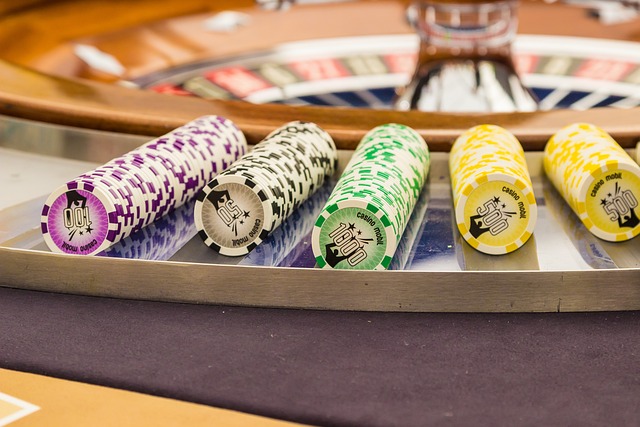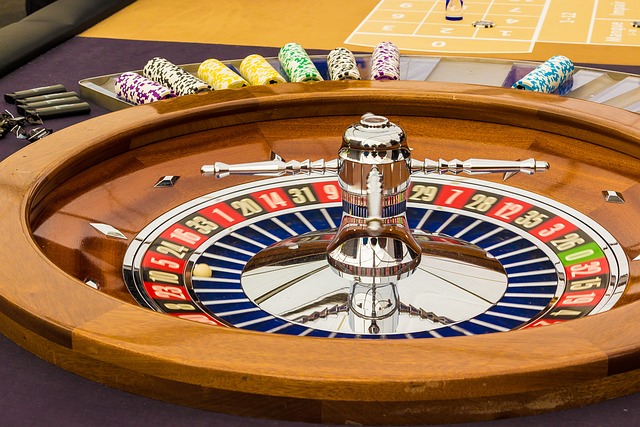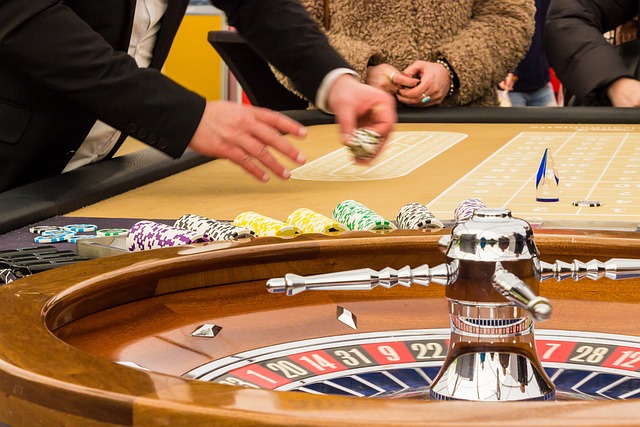When you are about to place a bet, know that you are in good company. Prepare yourself for a breathtaking journey through centuries of literature and theater, where the thrill of gambling has shaped immortal masterpieces.
The roulette of life: when Dostoevsky challenged fate
1867, Baden-Baden. Dostoevsky is at the casino, his eyes feverish, his hands shaking. He bets everything on red. The ball spins, spins, spins… Black! In a single night, he loses the equivalent of 60,000 dollars today. His wife Anna? Forced to pawn her wedding ring to pay for the hotel. Stuff that makes Las Vegas look like a Sunday outing!
Shakespeare and the three-box game: when love is a gamble
Venice, circa 1600 AD. William Shakespeare drags us into the vortex of “The Merchant of Venice”. And what does he place at the center? A gamble!
Portia, the beautiful heiress, can only marry the one who guesses the right box between gold, silver and lead. A game show ante litteram!
Pushkin and the fatal card game: when literature anticipates reality

We are in Russia in 1834. Alexander Pushkin publishes “The Queen of Spades”. The story of a young officer obsessed with the secret of the three winning cards. Fiction? Not really…
In 1837, just three years later, Pushkin dies in a duel. The reason? A dispute over… a card game! Life imitating art, or perhaps the opposite. Who knows?
The Mystery of the Three Cards: When Superstition Becomes Literature
But where did the idea of the three magic cards come from? Legend has it that Pushkin was inspired by a real 18th-century countess, known as the “Muscovite Venus”. It was said that she possessed the secret to always winning at faro, a popular card game of the time.
Bertolt Brecht and the Game as a Social Metaphor: When Theater Challenges the System
We are in Germany in 1928. Bertolt Brecht makes the stage explode with “The Threepenny Opera”. At the center is a rigged lottery!
Brecht uses gambling as a metaphor for capitalism. The rich fix the game, the poor always lose. Revolutionary? You bet! The theater becomes a casino where the chips are social injustices.
Brecht’s wager with America: when art challenges Hollywood
Fast forward to 1947. Brecht is in Hollywood, testifying before the House House Committee on Un-American Activities. Accused of communism, he bluffs like a master. The result? The next day he flies to Switzerland, leaving the committee high and dry.
Tennessee Williams and the poker of emotions: when the game reveals the soul

Southern United States, 1947. Tennessee Williams serves us “A Streetcar Named Desire” on a silver platter. And what’s at the center? A game of poker!
The poker scene is not just a game: it’s a titanic clash between Stanley Kowalski and Blanche DuBois. Every card played is a repressed emotion, every bluff an unspeakable secret. Williams transforms the green table into a psychological battlefield.
Poker in Williams’ Life: When Art Imitates Life
Williams himself was an avid poker player! In his memoirs, he recounts sleepless nights playing with other writers in New Orleans. The game as an outlet, as a way to explore the dark sides of the human soul. Who would have thought that a full house could hide so many secrets?
